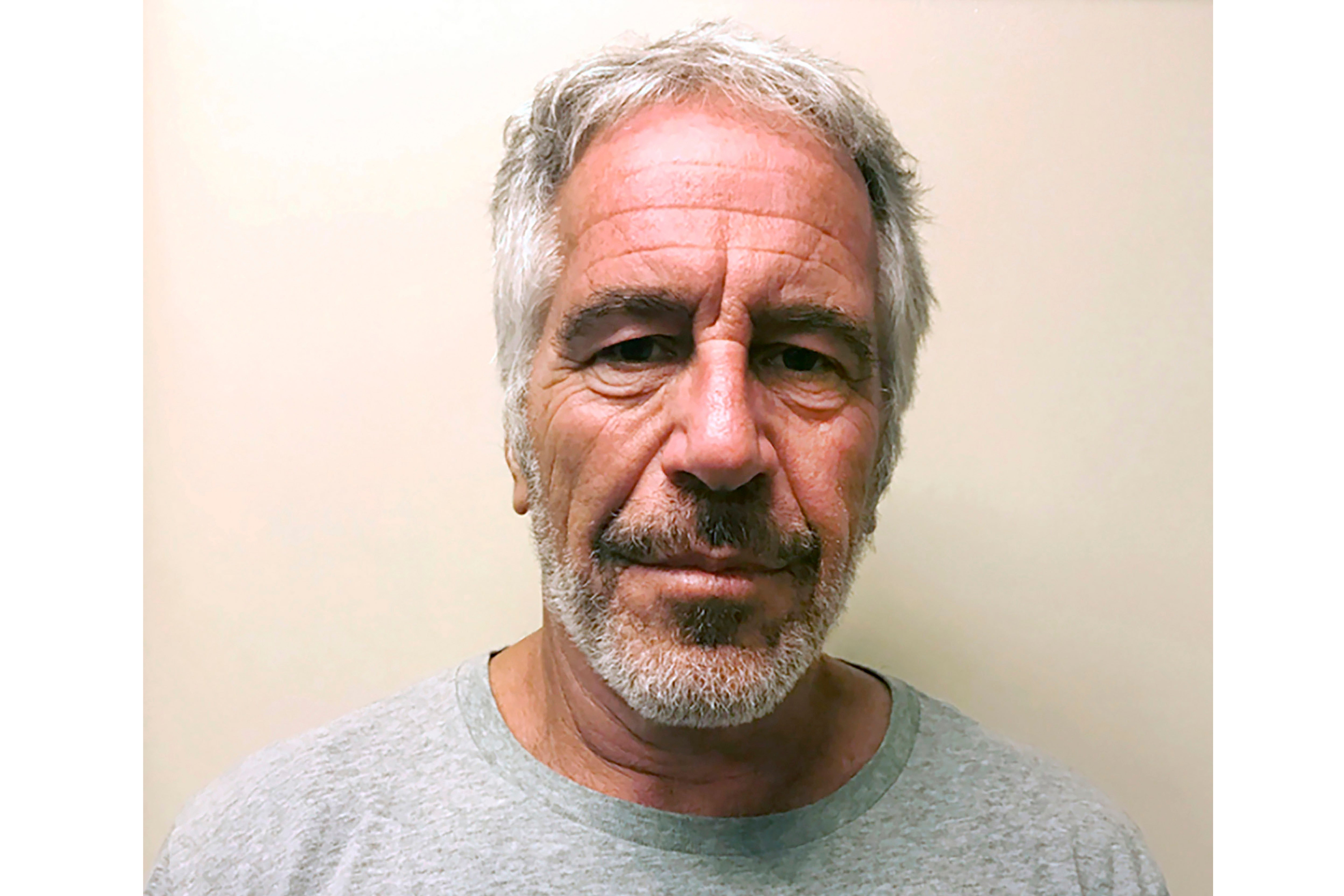Leaked cellphone data reveals who visited Epstein’s ‘paedophile island’
Data from nearly 200 mobile devices show the exact path visitors may have taken from 80 cities to Epstein’s Caribbean island Little Saint James
Newly-leaked cellphone location data has shone a light on which individuals may have visited Jeffrey Epstein’s so-called “paedophile island” – the Caribbean destination where he abused many of his victims.
The data was collected from more than 100 mobile devices and shows the path that the cellphone users took to get to the island – spanning across 80 cities and 26 states or territories.
The newly discovered data, obtained by WIRED, comes from the recently-bankrupt company Near Intelligence. The company recently braided itself as Azira and has been plagued by an internal fraud scandal and external controversies.
Using tracking data, Near Intelligence allegedly traced the phones that went to and from Little Saint James.
Convicted sex offender Epstein allegedly trafficked and assaulted minors and women on the Caribbean island, earning it the unsavoury nickname “pedophile island”.
Epstein was also known to invite guests – often high-profile individuals – to the island.
This past year, unsealed court documents produced an extensive “list” of people who were allegedly tied to Epstein.
The disgraced financier died by suicide in 2019 while in prison awaiting trial for sexually abusing and trafficking young girls and women for years, with his longtime friend Ghislaine Maxwell.
Maxwell was convicted on five counts of sex trafficking-related crimes in 2021. She is currently appealing that.
By mapping more than 11,000 coordinates, Near Intelligence pinpointed as many as 166 locations of potential visitors, or potential victims, from across the US and world to Little Saint James. Some of the locations point to gated communities in Michigan and Florida, homes in Martha’s Vineyard and Nantucket, a nightclub in Miami and the sidewalk across the street from Trump Tower in New York City, according to WIRED.

The mapped coordinates show the path individuals took to get to the island from July 2016 until Epstein was arrested on federal charges in July 2019.
Using an intelligence platform formerly known as Vista – now folded into a product called Pinnacle – five separate maps were created using the data collected over the years.
Two maps feature the “most frequented locations” of weekdays and weeknights to infer the most common evening and daytime locations on the island.
Another map shows the general area where visitors spent 30 minutes before and after they arrived on the island. Commonly, visitors were tracked moving from the neighbouring island of Saint Thomas to a dock at the American Yacht Harbour – a marina co-owned by Epstein, according to the report.

It is unclear how this data was collected or what it was used for.
Near Intelligence, which filed for bankruptcy in December, sources its location data from ad exchanges, or marketplaces in which sellers, buyers and ad networks can bid on and buy a wide range of ad inventory. This inventory can include a laptop, phone or tablet’s location data which companies use to target relevant advertisements.
Near Intelligence has previously purchased data obtained on ad exchanges, repackaged it and sold it to several clients, some of whom are government contractors, according to a Wall Street Journal article.
A previous WSJ article revealed that data extracted by Near Intelligence had been used by a digital ad agency working on behalf of Veritas Society to place anti-abortion advertisements near abortion clinics.
Several ad exchanges told WSJ last year that they “cut off” Near Intelligence for violating terms of service.
The Independent has reached out to Azira for comment.
A spokesperson for Azira told WIRED: “Azira is committed to data privacy and responsible access to and use of location data.”
“To this end, Azira works to track and respond to legal developments under emerging new state laws, FTC guidance and prior enforcement examples, and best practices. Azira is developing procedures to protect consumers’ sensitive location data. This includes working to disable all sample offering accounts created by Near.”
Bookmark popover
Removed from bookmarks